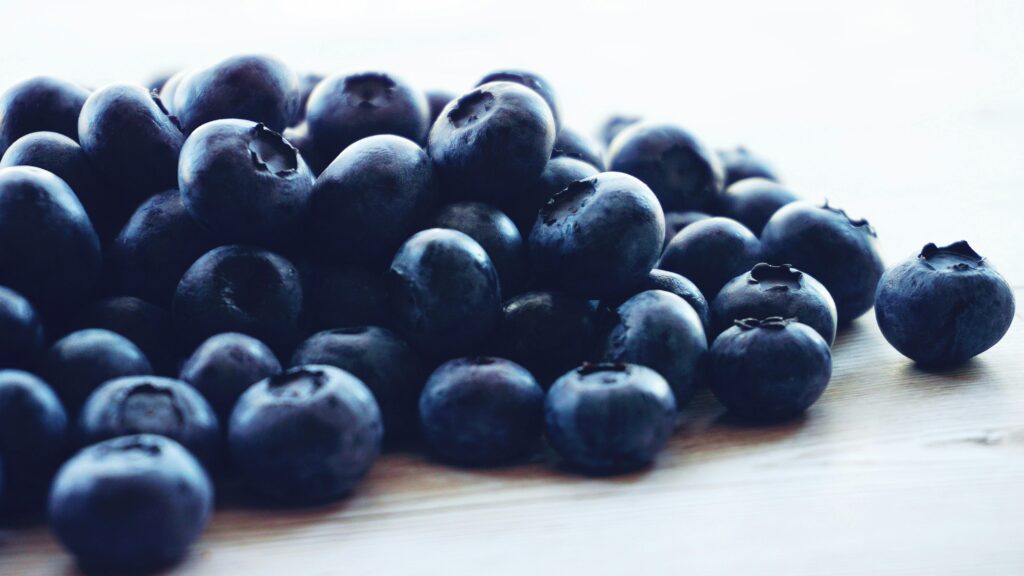Nutrition
Hypertrophy Phase Meal Planning
Hypertrophy Phase Meal Planning
(Weeks 1–3)*
August 30, 2025 – Frank Bills, PhD, CPT
Note: What I call the Nutrient Compass isn’t a medical protocol or peer-reviewed research tool. It’s a practical set of conversation tools I use with clients to anticipate where nutrition might need extra attention during training. Each nutrient flag (like B₁₂ for plant-based eaters, or leucine for older athletes) has a strong basis in nutritional research, but this system itself is a coaching heuristic, not a diagnostic or prescription.
ISSA Nutritionist Scope
As a Certified Nutritionist with ISSA, my responsibility is education, guidance, and pragmatic tactics supporting performance and health. I do not diagnose or prescribe clinical nutrition therapy. The Nutrient Compass is merely a discussion tool—one means of emphasizing potential nutrient areas of emphasis and supporting food choice during various training periods.
What is the Nutrient Compass?
The Nutrient Compass is a set of guiding questions that link lifestyle, eating patterns, and training demands to likely nutrient priorities. It doesn’t replace testing or professional medical advice. Instead, it helps the used to think about where nutrition may need extra emphasis under different stages of the training cycle.

Core Questions Table
Sample Nutrient compass
Guiding Question | Nutrient Focus Areas | Why This Matters |
Do you avoid animal products (vegetarian/vegan)? | Vitamin B₁₂, Iron, Zinc, Omega-3 (ALA/DHA), Iodine | These are harder to get or less bio-available in plant-based diets. |
Do you consume little or no dairy? | Calcium, Vitamin D, Riboflavin | Dairy is a major source; deficiencies may appear unless replacements are utilized. |
Are you over age 50? | Vitamin D, B₁₂, Protein (Leucine), Collagen precursors | Aging alters absorption and muscle response: supplementary emphasis helps recovery and power. |
Do you train intensely (4+ days/week)? | Magnesium, Potassium, Antioxidants | Training increases nutrient turnover and electrolyte loss. |
Do you spend little time outdoors? | Vitamin D | Low sun exposure reduces natural production. |
Do you often feel fatigued? | Iron, B-complex, Magnesium | These nutrients influence energy metabolism and oxygen transport. |

What is Hypertrophy?
Hypertrophy is a growth in muscle cell size. While strength training works on getting better at producing force within the body and lifting heavier loads, hypertrophy works on getting bigger muscles. It’s beneficial in strengthening, better body composition, and overall wellness. It enables us to be able to generate more force when we work out, and, in the long term, experience improvements in athletic capacity and daily functions. We can even experience beneficial effects on our body’s ability to utilize the nutrition we ingest and enhance our bones’ density.
Hypertrophy Phase: Putting the Compass to Work
We usually require additional calorie and nutrient density during the first three weeks of a training cycle (hypertrophy) in order to grow muscle. The Nutrient Compass recommends placing additional focus on:
- Zinc and Magnesium – recovery and hormonal balance.
- Omega-3s & Vitamin D – supporting joint health and controlling inflammation.
- Antioxidants – to buffer oxidative stress of training volume.
You also need to make sure you have adequate protein as well to assure your muscles will recover and grow.
Practical Menu (Budget-friendly)
- Breakfast: Cinnamon oatmeal with chia seeds, frozen berries, and peanut butter.
- Lunch: Red Curry Lentils with Carrot, Celery & Tomato.
- Dinner: Salmon with rosemary, roasted sweet potatoes, and green beans. (Recipe coming soon!)
- Snack: Greek yogurt with toasted chickpeas and pumpkin seeds. (Recipe coming soon!)
Bottom Line
The Nutrient Compass enables one to focus on where to put the emphasis on nutrients instead of chasing the latest supplement or trend. During the hypertrophy phase, it puts the focus on recovery minerals, beneficial fats, and antioxidants—all the while keeping meals affordable and satiating.
If you want to see the full Nutrient Compass core questions, click here.

Read more Blogs
Looking for more? Head back to the main blog page and explore the full library of posts.
